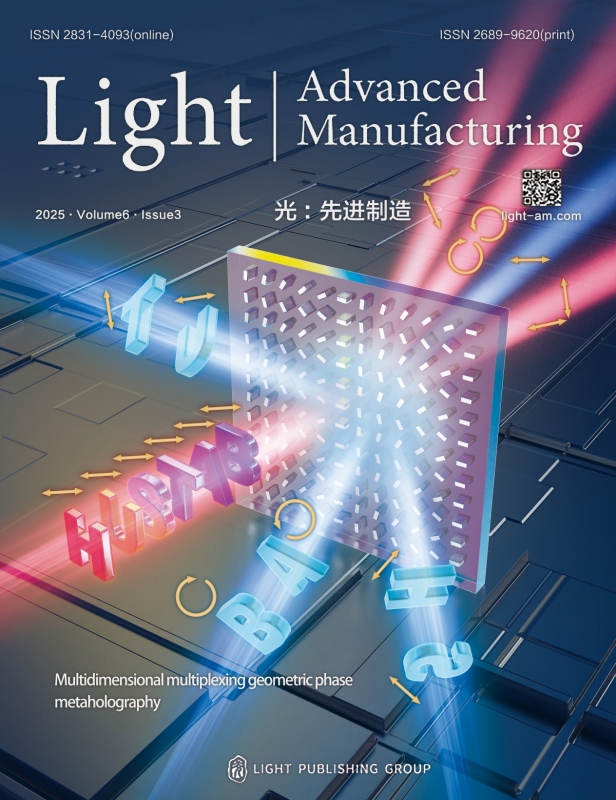Please contribute your submission via https://mc03.manuscriptcentral.com/lam. Please mark that it is a contribution to Special Issue on Sensor and Data-driven Laser Materials Processing in the cover letter and “Manuscript Comment” field during submission.
Submission deadline: 30 June 2024
The process quality of nearly all laser-based material processing methods has been significantly improved over the last decades. There are different reasons for this development which has just got an additional boost by the use of artificial intelligence algorithms. First, it is the laser source and the beam guiding systems which provide high quality and stable beam parameters for the different processes. Second, it is the increasing use of sensors to get information in real-time from the processes. Third, by modern concepts of distributed computing of sensor signals process failures can be detected during the process and closed-loop control has become a realistic scenario in many of those processes. Finally, software algorithms e.g. based on machine learning are capable of identifying robust process windows under changing conditions. The use of large data resources from the laser source, the optical system and the laser process itself now enables the rapid identification of optimal process parameters although the number of adjustable process parameters has increased over the years also drastically. Laser-based materials processing comprises applications of high power lasers e.g. for welding and cutting as well as processes of micro- and nanoengineering e.g. based on short and ultrashort laser pulses. Recently, the area of laser-based additive manufacturing has gained much interest due to sensor integration and intelligent production of complex components.
Guest Editor-in-Chief:

Andreas Ostendorf is currently a professor in applied laser technologies and optics at Ruhr University Bochum, Germany (RUB). Besides, he is a member of the rectorate of RUB where he serves as Vice‐Rector for Research, Transfer and Talent Development. He studied Electrical Engineering at Leibniz University Hannover, Germany. In 2000 he received his PhD in Mechanical Engineering from Leibniz University Hannover. Also in 2000 he was appointed Executive Director at Laser Zentrum Hannover (LZH), a non‐university and worldwide renowned research center in laser optics, laser sources and laser applications. After a very successful development of LZH he was appointed professor at RUB in 2008. In 2003 he was elected member of the German Scientific Laser Society (WLT), which he chaired as president from 2013‐2016. Since 2004 he is also member of the Board of Directors at Laser Institute of America (LIA), where he was elected president in 2008. He is Fellow of LIA, SPIE and the International Academy of Photonics and Laser Enegineering IAPLE.
During his scientific career he has published more than 300 peer reviewed papers. His research is focused on laser materials processing using short and ultrashort pulsed lasers as well as in laser metrology, especially in spectroscopic applications and the use of microresonators in precision measurement. He has been coordinating a Priority Programme at the German Research Foundation (DFG) on the generation of sub 100 nm structures using ultrashort laser pulses. From 2012 – 2017 he was member of the DFG Grants Committee on Research Training Groups.









 Email
Email RSS
RSS